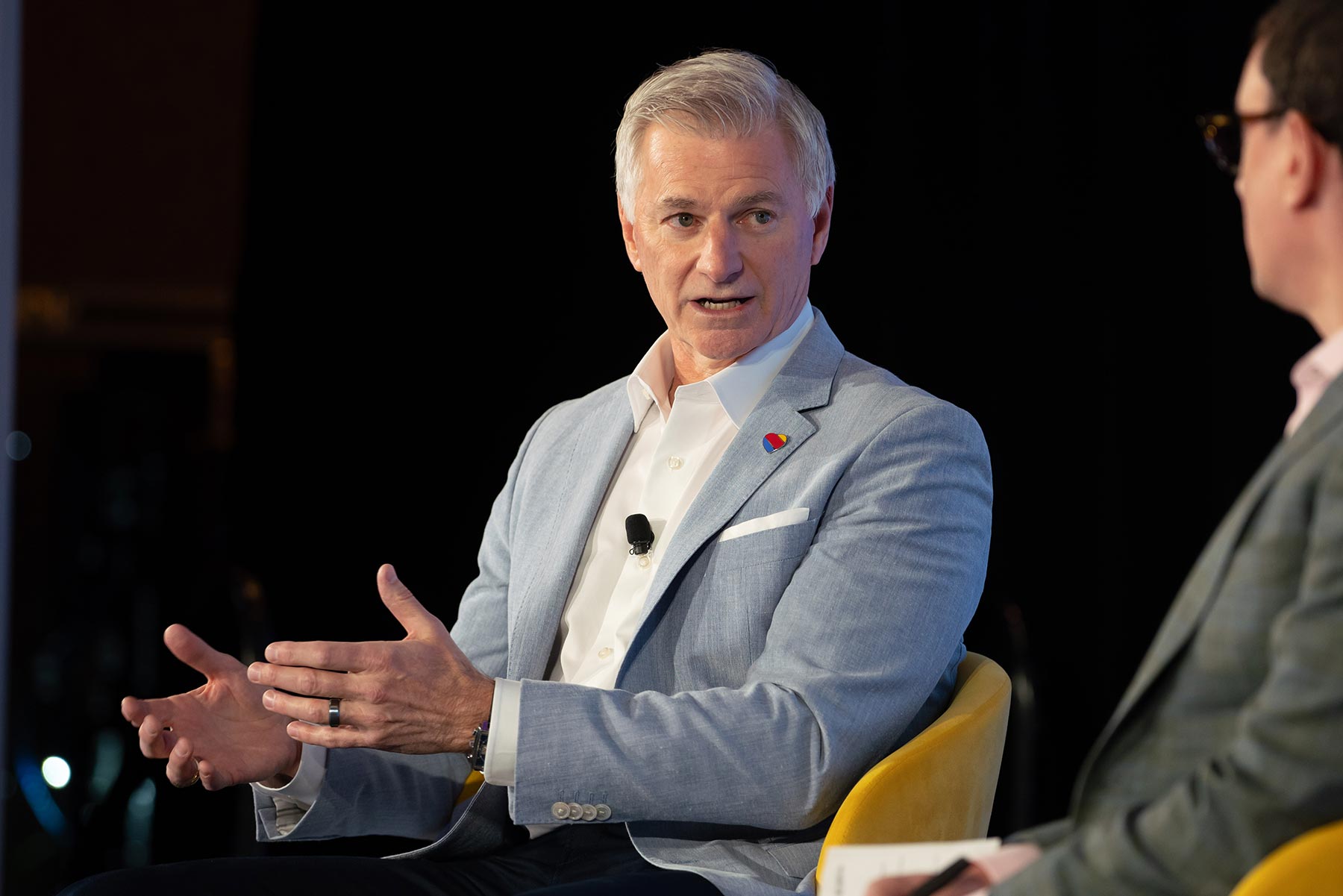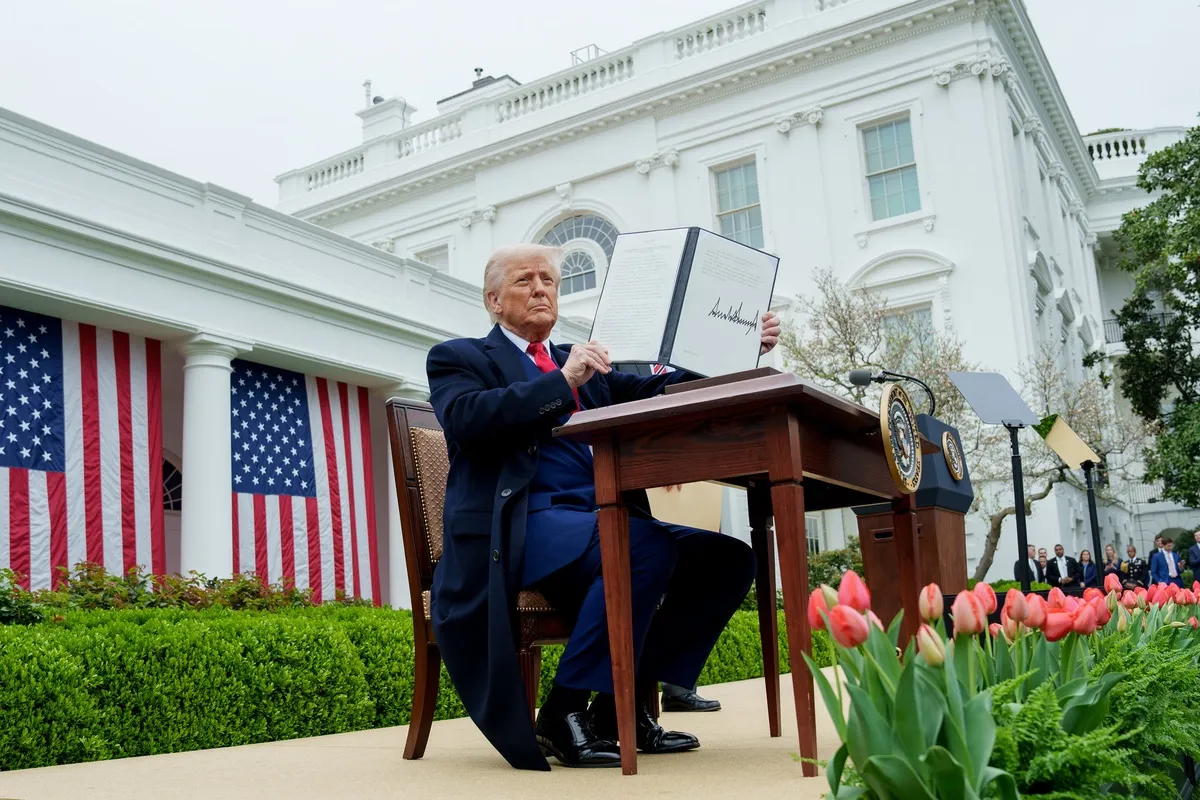Striking Hotel Workers, Southwest’s Activists and NZ’s Tourist Fees

Skift Take

Skift Daily Briefing Podcast
Listen to the day’s top travel stories in under four minutes every weekday.Good morning from Skift. It’s Wednesday, September 4, and here’s what you need to know about the business of travel today.
Listen Now
🎧 Subscribe
Apple Podcasts | Spotify | YouTube | RSS
Episode Notes
Thousands of hotel workers went on strike across several large U.S. cities between Sunday and Tuesday. Senior Hospitality Editor Sean O’Neill examines why the strikes are taking place and what they mean for the hotel industry.
More than 9,000 workers at 21 hotels in 9 cities went on strike on Tuesday. O’Neill notes that hotels are struggling to balance maximizing profits with worker demands for better pay and improved working conditions. Gwen Mills, president of union Unite Here, told Skift in June that workers want increased wages as hotel revenue per room had gone up in recent months.
Roughly 40,000 hotel workers in 22 North American markets have union contracts that could expire in the next year. Unite Here has threatened to expand strikes to 65 hotels in up to a dozen cities if its demands aren’t met.
Next, investor Elliott Investment Management now owns 10% of Southwest Airlines’ common stock shares. That enables Elliott to hold a special meeting during which it could vote to make big changes at the airline, writes Airlines Reporter Meghna Maharishi.
Regulatory filings posted on Tuesday revealed that Elliott managed to convert 10% of its economic stake in Southwest into common stock. Elliott could use a special meeting to force a vote on whether to oust Southwest CEO Bob Jordan and chair Gary Kelly. Special meetings are typically used to request shareholder votes on issues that can’t wait until the next general meeting.
Elliott said it wants a leadership change at Southwest in part because the carrier’s stock has lost 50% of its market value in the last three years.
Finally, New Zealand has announced it will nearly triple entry fees for visitors, reports Associate Editor Rashaad Jorden.
Travelers to the country will pay roughly $62 U.S. starting on October 1, up from a little more than $21. The increased entry fee is intended to help cover the costs of environmental protection around the country. Tourism Minister Matt Doocey argued the increased entry fee wouldn’t hurt travel since the new amount represents less than 3% of most visitors’ spending.
However, some tourism executives believe the entry fee hike will make it more challenging for New Zealand to attract tourists.





